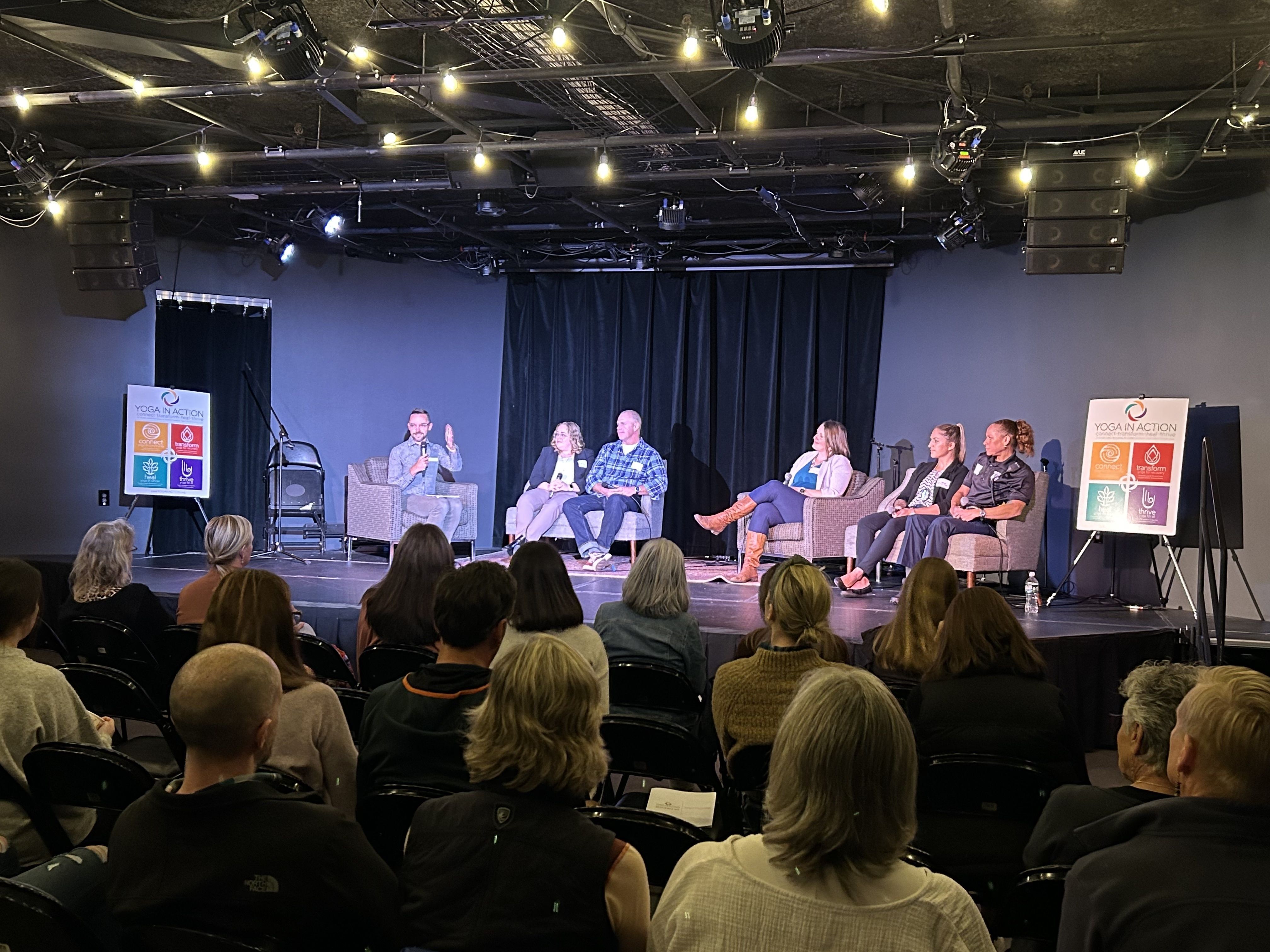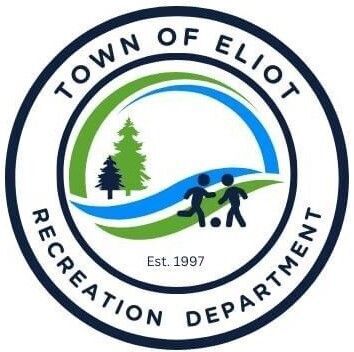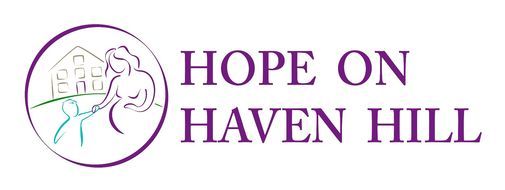Trauma
Trauma is the resulting long term psychological and physiological imprint that exposure to a certain event or series of events has on an individual or a community.
Suggestion: According to the Substance Abuse and Mental Health Services Administration (SAMHSA), trauma is an event you experience as harmful or life threatening. It has lasting adverse effects on your mental, physical, emotional, social, or spiritual well-being.
Potentially traumatic events include: psychological, physical, or sexual abuse, community or school violence, witnessing or experiencing domestic violence, natural disasters, terrorism, commercial sexual exploitation, sudden or violent loss of a loved one, refugee or war experiences, military family-related stressors, neglect, serious accidents or life-threatening illness.
Collective trauma refers to the psychological distress that a group — usually an entire culture, community, or another large group of people — experience in response to a shared trauma. Examples of collective trauma include, but are not limited to: war or other military conflicts; racial trauma, misogyny, apartheid, and class-based violence & oppression; pandemics and epidemics; recessions and depressions; mass killings; genocide and religious persecution; natural disasters.
Did you know?
- The experience is more normative than not.
- Trauma impairs: memory, concentration, new learning
- Trauma is often correlated to h eart disease, obesity, addiction, diabetes, autoimmune disorders and cancer.
- Trauma impacts ability to trust, cope and form healthy relationships.
- Trauma disrupts emotion identification, ability to self-sooth, one’s ability to distinguish between what’s safe and unsafe.
- Trauma shapes a person’s belief between self and others, one’s ability to hope and one’s outlook on life.
- TRAUMATIC EVENTS: Potentially traumatic events include: psychological, physical, or sexual abuse, community or school violence, witnessing or experiencing domestic violence, natural disasters, terrorism, commercial sexual exploitation, sudden or violent loss of a loved one, refugee or war experiences, military family-related stressors, neglect, serious accidents or life-threatening illness.
- More than TWO THIRDS OF CHILDREN reported at least 1 traumatic event by age 16.
- WITNESSING COMMUNITY VIOLENCE: Estimated rates of witnessing community violence range from 39% to 85%
- VETERANS: The number of US Veterans with PTSD varies by service era. Operations Iraqi Freedom (OIF) and Enduring Freedom (OEF): 11-20% Gulf War (Desert Storm): 12% Vietnam War: 30% in a given year.
- DISASTER: More than half of U.S. families have been affected by some type of disaster (54%)
YiA and Trauma
While some of our classes may be specifically focused on addressing the trauma of a specific population (for example: survivors of domestic and sexual violence) the intersectional nature of trauma means that each of the populations YiA serves experience some type of trauma and all of our classes must be trauma-informed.
Sources
https://www.camh.ca/en/health-info/mental-illness-and-addiction-index/trauma
https://www.samhsa.gov/sites/default/files/programs_campaigns/nctsi/nctsi-infographic.pdf
https://www.apa.org/pi/families/resources/children-trauma-update
https://www.ptsd.va.gov/understand/common/common_veterans.asp
https://www.ted.com/talks/nadine_burke_harris_how_childhood_trauma_affects_health
*References on the Yoga in Action website represent a variety of perspectives & sources. They are provided for informational purposes only and do not necessarily reflect the views or opinions of Yoga in Action.*






















































